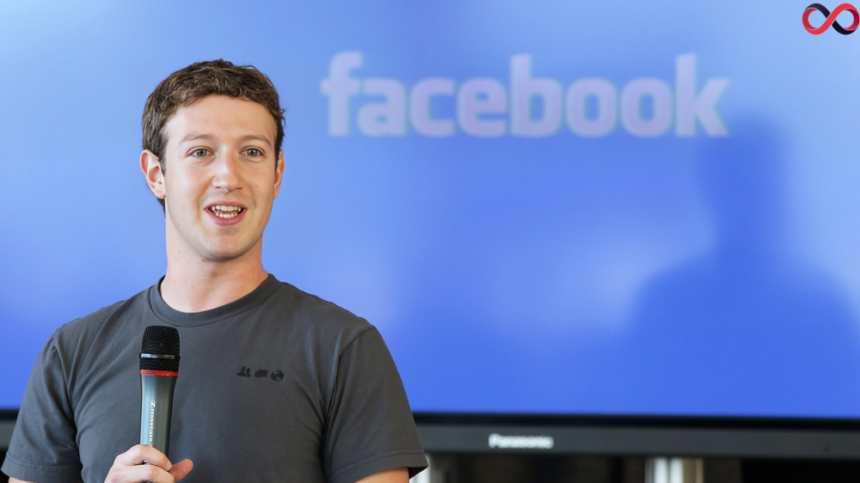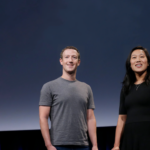Mark Zuckerberg is a name synonymous with innovation in technology and social media. As the co-founder of Facebook, now known as Meta Platforms Inc., Zuckerberg has played a pivotal role in revolutionizing the way people connect, share, and communicate globally. This article delves into his journey, achievements, and the profound impact he has had on the tech industry.
The Early Life of Mark Zuckerberg
Born on May 14, 1984, in White Plains, New York, Mark Elliot Zuckerberg exhibited an early interest in computers and programming. Encouraged by his parents, he developed a knack for technology, creating a messaging program called “ZuckNet” at just 12 years old. This early innovation hinted at his future potential as a tech entrepreneur.
Education and Initial Ventures
Zuckerberg attended Phillips Exeter Academy, a prestigious prep school where he excelled academically and showcased his programming skills. He later enrolled at Harvard University in 2002, where he studied computer science and psychology. It was during his time at Harvard that he conceptualized and developed “TheFacebook,” which was initially limited to Harvard students but quickly expanded to other universities.
The Birth of Facebook
The Idea
The idea behind Facebook originated as a platform to connect students. Mark and his college roommates—Eduardo Saverin, Andrew McCollum, Dustin Moskovitz, and Chris Hughes—launched Facebook on February 4, 2004. Its intuitive interface and social networking capabilities quickly attracted users, and the platform grew exponentially.
Early Growth and Challenges
Facebook’s rapid growth was accompanied by legal and operational challenges. A notable lawsuit involved the Winklevoss twins, who accused Zuckerberg of stealing their idea. Despite these hurdles, Zuckerberg remained steadfast, securing investments and focusing on scaling the platform globally.
The Expansion of Meta Platforms
In 2021, Zuckerberg announced the rebranding of Facebook Inc. to Meta Platforms Inc. This marked a strategic pivot toward building the metaverse—a virtual space where users can interact in immersive 3D environments.
Meta’s Ecosystem
Meta now encompasses various products and services, including:
- Facebook: The core social networking platform.
- Instagram: A photo and video-sharing app.
- WhatsApp: A leading messaging service.
- Oculus VR: Virtual reality hardware and software.
- Horizon Worlds: A metaverse platform for interactive experiences.
Mark Zuckerberg’s Leadership Style
Visionary Leadership
Zuckerberg’s leadership is characterized by a strong vision for the future. He prioritizes long-term innovation over short-term gains, as evidenced by Meta’s investment in AI, virtual reality, and augmented reality technologies.
Adaptability
A key aspect of his leadership is adaptability. Despite controversies and criticisms, Zuckerberg consistently evolves Meta’s strategies to stay ahead in the competitive tech landscape.
Controversies and Criticisms
Zuckerberg’s journey has not been without controversy. Meta has faced scrutiny over:
- Data Privacy: Concerns over user data handling, including the infamous Cambridge Analytica scandal.
- Monopolistic Practices: Accusations of stifling competition.
- Content Moderation: Challenges in combating misinformation and harmful content.
While these issues have tarnished Meta’s reputation at times, Zuckerberg’s commitment to addressing them underscores his dedication to maintaining trust and integrity.
Achievements and Impact
Philanthropy
Zuckerberg and his wife, Priscilla Chan, founded the Chan Zuckerberg Initiative (CZI) in 2015. This philanthropic organization focuses on education, scientific research, and community development. Their pledge to donate 99% of their Facebook shares demonstrates their commitment to making a positive societal impact.
Transforming Communication
Mark Zuckerberg’s innovations have transformed how billions of people communicate. Platforms like Facebook and WhatsApp have become indispensable tools for personal and professional interaction.
The Future of Meta and Zuckerberg’s Vision
Zuckerberg envisions a world where the metaverse becomes integral to daily life. This involves:
- Enhanced Virtual Reality Experiences: Revolutionizing entertainment, work, and education.
- Artificial Intelligence Integration: Improving user experience and operational efficiency.
- Sustainability Initiatives: Reducing Meta’s environmental footprint.
FAQs
1. What is Mark Zuckerberg’s net worth?
Mark Zuckerberg’s net worth is estimated to be over $100 billion, making him one of the richest individuals in the world.
2. Why did Facebook rebrand to Meta?
The rebranding to Meta reflects Zuckerberg’s focus on building the metaverse, a virtual space integrating augmented and virtual reality technologies.
3. What is the Chan Zuckerberg Initiative?
The Chan Zuckerberg Initiative is a philanthropic organization founded by Mark Zuckerberg and Priscilla Chan to address education, scientific research, and social issues.
4. What challenges has Meta faced?
Meta has faced challenges such as data privacy concerns, misinformation, and accusations of monopolistic practices.
5. What is Zuckerberg’s vision for the metaverse?
Zuckerberg envisions the metaverse as a transformative platform for social interaction, work, and entertainment, leveraging advanced VR and AI technologies.
Conclusion
Mark Zuckerberg’s journey from a Harvard dorm room to leading a global tech giant is a testament to his innovation and determination. Despite challenges, his impact on the digital world is undeniable. As Meta continues to evolve, Zuckerberg’s vision will likely shape the future of technology.







